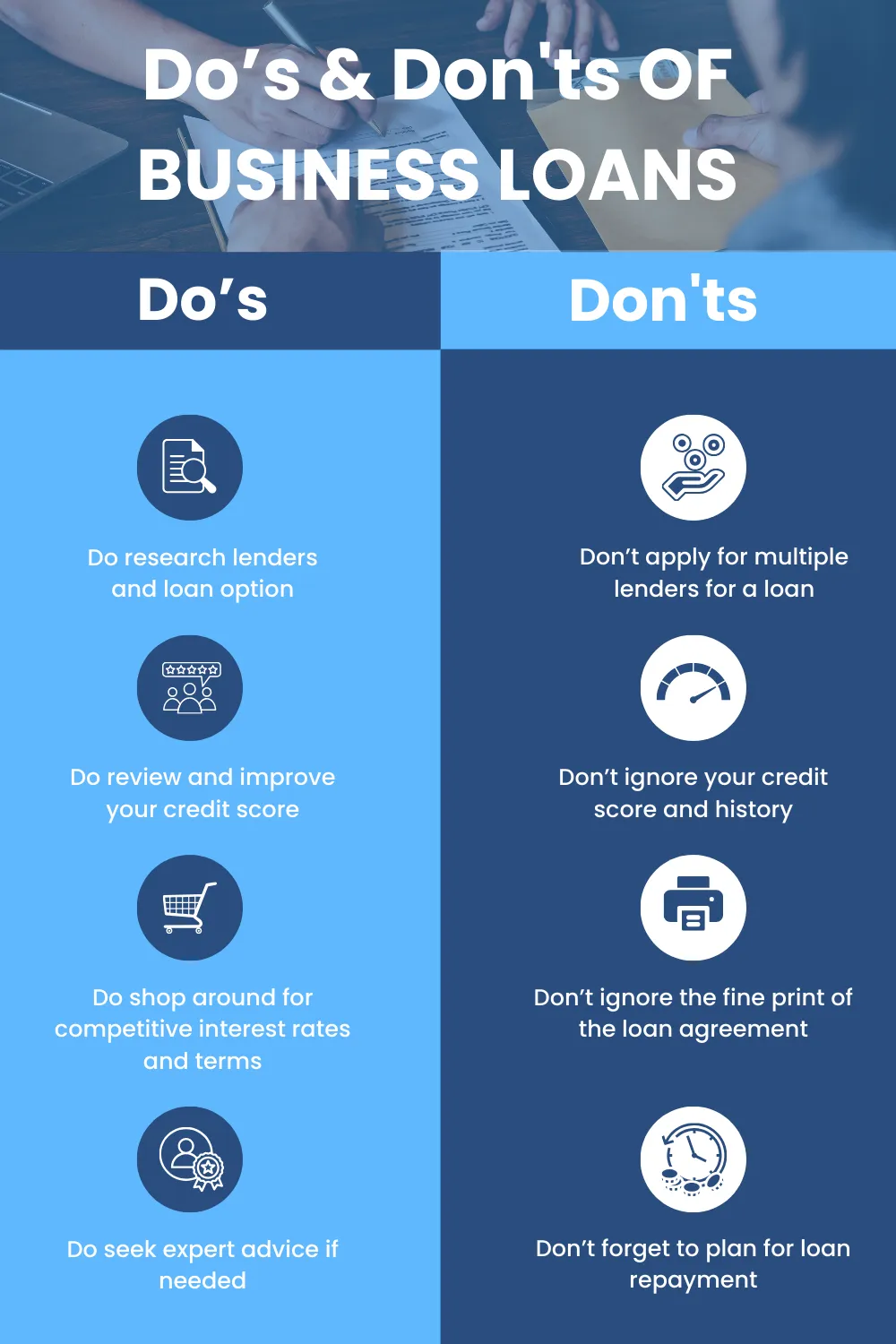Are you tired of spending hours in bank queues and drowning in endless paperwork just to borrow a bit of cash? Say goodbye to those frustrating days, thanks to the rise of Fintech!
Fintech, short for Financial Technology, is reshaping the lending landscape by harnessing modern technology to make borrowing and repaying money faster, safer, and more convenient. Let’s delve into how Fintech is transforming loan disbursement and collection, making the process smoother for borrowers and lenders alike.
The Pain Points of Traditional Loan Management
- Slow Disbursement Process: Remember the days of filling out numerous forms and waiting weeks for approval? Fintech eliminates this hassle by streamlining the application and approval process. With AI-driven algorithms, lenders can quickly assess your creditworthiness and provide loan decisions in minutes or hours.
- Inefficient Collection Methods: Traditional loan collection methods, such as sending letters, are slow and ineffective. Fintech introduces automated payment reminders and personalized payment plans, ensuring borrowers stay on track with their repayments. This reduces the risk of missed payments and financial losses for lenders.
- Lack of Transparency: Understanding loan terms and repayment schedules can be confusing. Fintech platforms offer clear and transparent information, empowering borrowers to make informed decisions about their loans. Additionally, integration with accounting systems streamlines the loan disbursement process for businesses, enhancing efficiency and accuracy.
How Fintech is Revolutionizing Disbursement and Collection
- Streamlined Applications & Approvals: Fintech enables borrowers to apply for loans online, eliminating the need for lengthy paperwork and queuing at banks. AI algorithms assess creditworthiness swiftly, providing instant loan decisions.
- Digital Disbursement: Say goodbye to waiting for checks in the mail. Fintech facilitates digital disbursement, with loan funds deposited directly into borrowers’ bank accounts within hours, meeting urgent financial needs promptly.
- Integration with Accounting Systems: For businesses, Fintech seamlessly integrates with ERP tools, ensuring efficient fund allocation and streamlined loan management within existing financial systems.
How Fintech is Transforming Loan Collection
- Automated Payment Reminders & Schedules: Fintech platforms send automated messages to remind borrowers of upcoming payments, reducing the likelihood of missed deadlines. Personalized payment plans accommodate borrowers’ budgets, making repayments more manageable.
- Data-Driven Collection Strategies: Leveraging data analytics, Fintech companies identify at-risk borrowers and offer proactive assistance or alternative payment options before defaults occur. This minimizes late payments and enhances overall loan collection efficiency.
- Self-Service Options & Mobile Tools: Mobile apps empower borrowers to manage their loans conveniently from anywhere. Users can check loan balances, make payments, and track payment histories effortlessly, reducing stress and facilitating timely repayments.
The Future of Loan Management with Fintech
- Emerging Technologies: Blockchain and machine learning will play pivotal roles in future loan management. Blockchain enhances security and transparency, while machine learning facilitates faster and more accurate decision-making processes.
- Regulatory Considerations: As Fintech continues to evolve, regulatory frameworks must adapt to ensure fair and safe practices. Collaboration between businesses and governments is crucial to safeguarding consumer interests and fostering responsible Fintech growth.
Conclusion
Fintech is revolutionizing the lending industry, making loans more accessible, transparent, and efficient for borrowers and lenders alike. By leveraging cutting-edge technology and data-driven strategies, Fintech is transforming traditional loan management processes and paving the way for a more inclusive financial ecosystem.
FAQs
1.How secure are Fintech platforms for borrowing money?
Fintech platforms prioritize security by implementing robust encryption protocols and stringent authentication measures to safeguard user data and transactions. Additionally, regulatory compliance ensures adherence to industry standards for data protection.
2.Can Fintech help individuals with poor credit history access loans?
Yes, Fintech utilizes alternative data sources and advanced algorithms to assess creditworthiness beyond traditional credit scores. This enables individuals with limited credit history or poor credit scores to access loans based on comprehensive risk assessments.
3.Are Fintech loans more expensive than traditional bank loans?
Fintech loans may offer competitive rates and fees compared to traditional bank loans due to lower operational costs and streamlined processes. Additionally, Fintech platforms enable borrowers to compare rates from multiple lenders, ensuring transparency and cost-effectiveness



